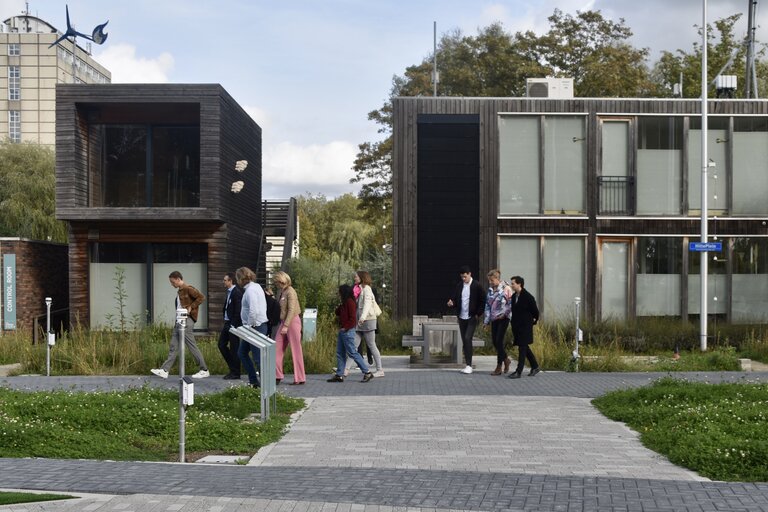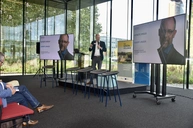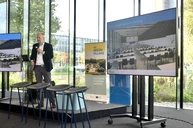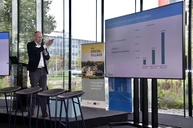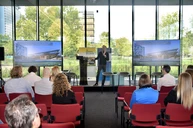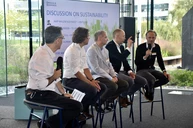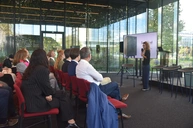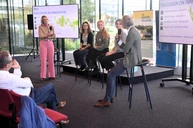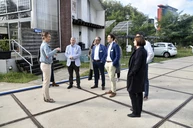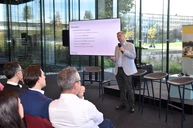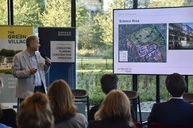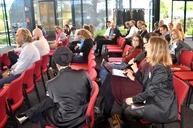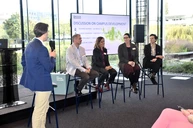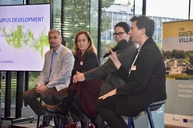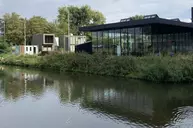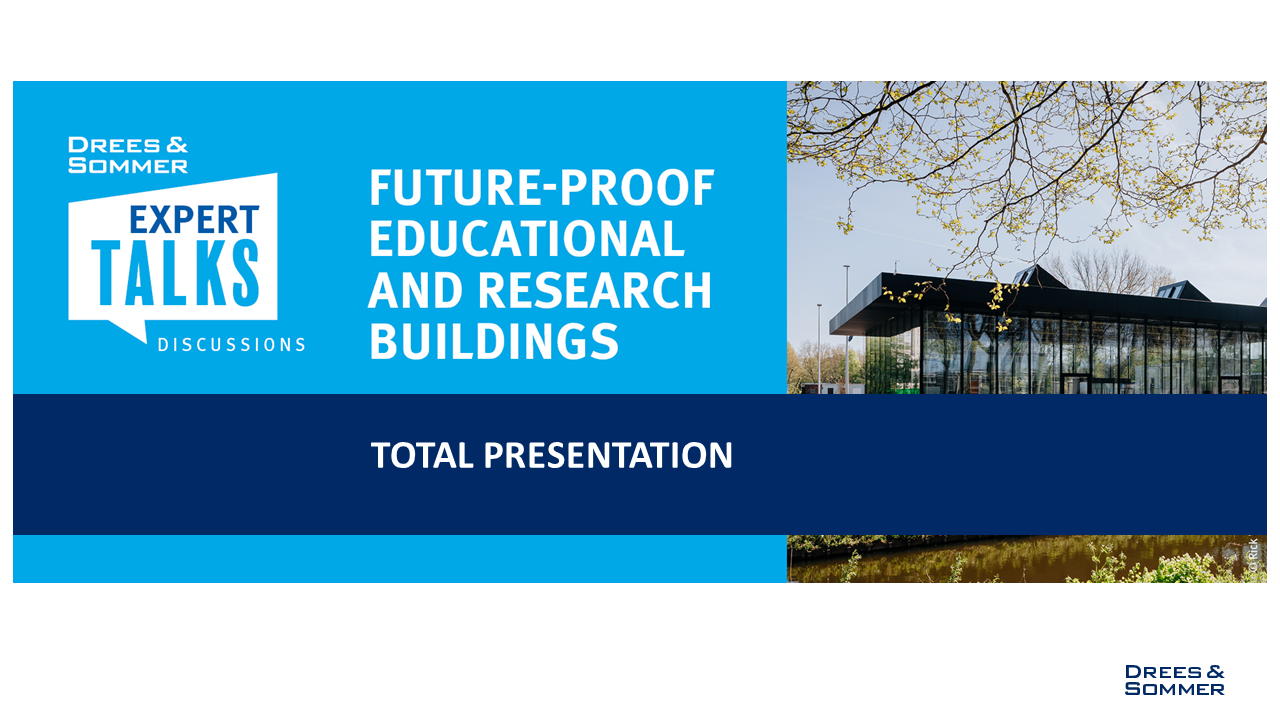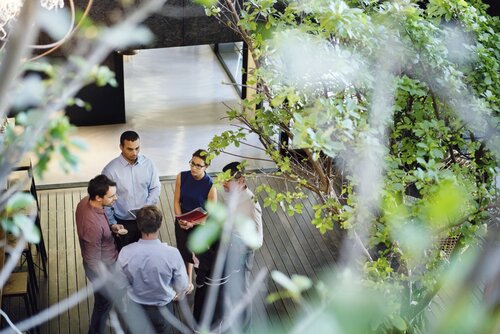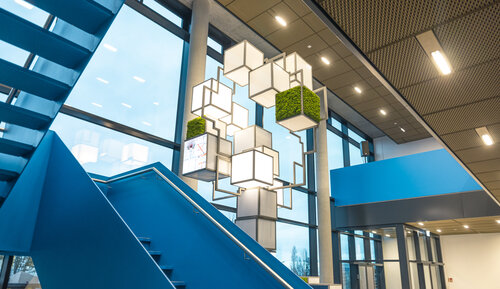In a rapidly evolving world, the education sector and, consequently, educational real estate must adapt. Amid ambitious sustainability goals to reduce CO2 emissions, the role of real estate, especially in the education sector, cannot be underestimated. Many existing buildings are outdated and do not meet modern sustainability standards, creating an urgent need for renovation and compliance with new regulations.
The creation of inspiring spaces
To address this complex issue, actions should be taken now to modernize existing structures with innovative solutions and design new buildings with all three pillars of sustainability (environmental, social and economic)in mind. To achieve future-proof educational infrastructure, European regulations and sustainability must be integrated from the very first design stage. Creating spaces that inspire, motivate and encourage adaptability is vital. Flexible layouts, technology integration and sustainable designs are no longer optional additions, but essential elements of modern educational environments.
An international hot topic
In light of these challenges to create future-proof real estate, Drees & Sommer organized the international Expert Talk "Future-proof Educatiotial and Research Buildings”. A captivating program with experts in various fields from the Netherlands, Germany and UK at the innovative 'The Green Village' on the campus of Delft University of Technology (TU Delft). The impulse speeches and panel discussions covered three main themes: Sustainability, Innovation and Campus Development.
